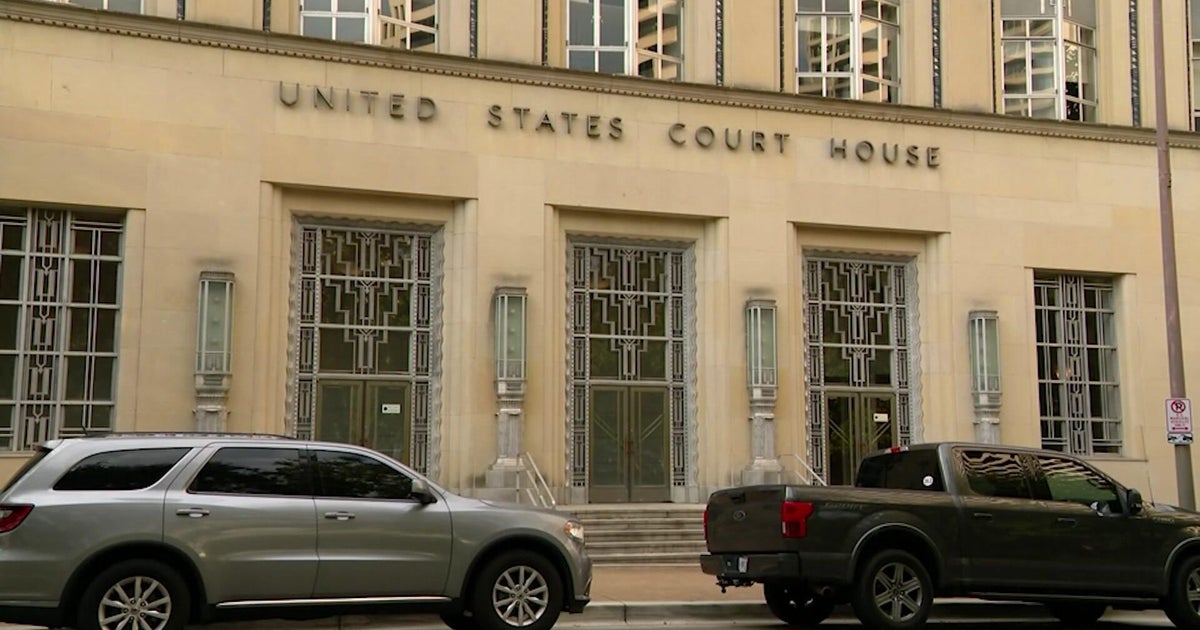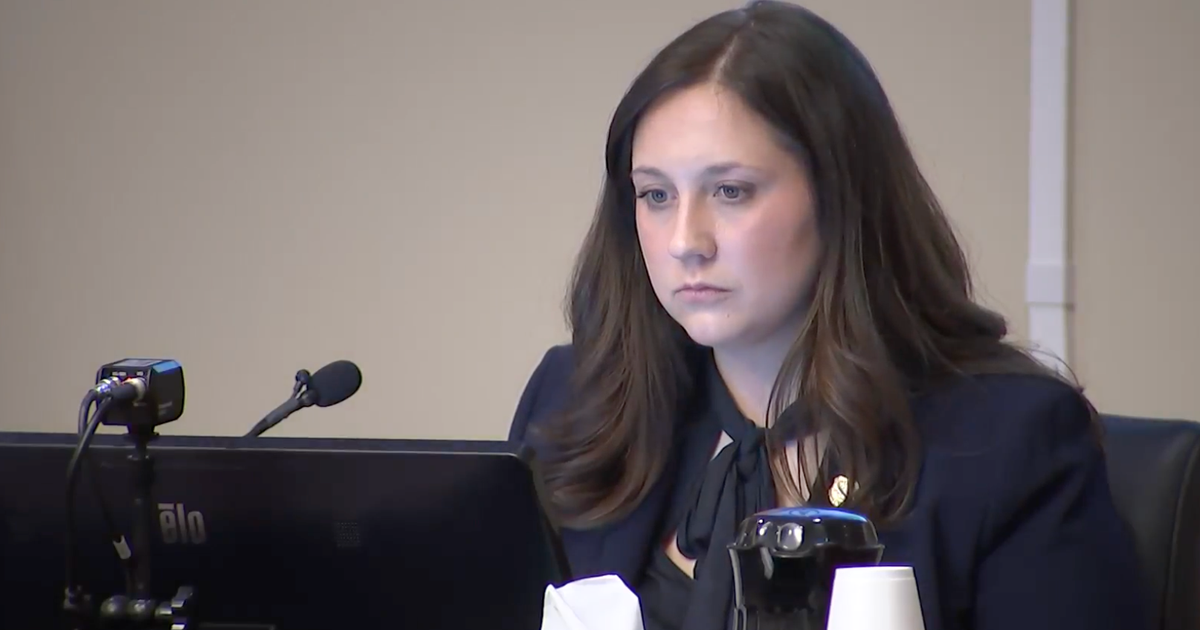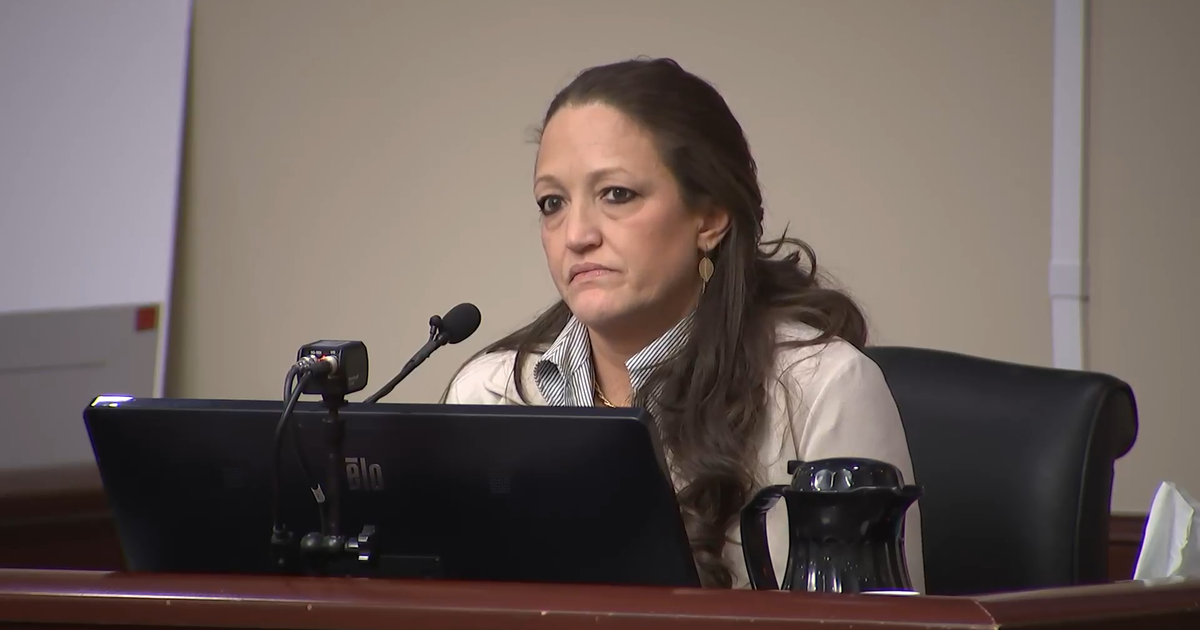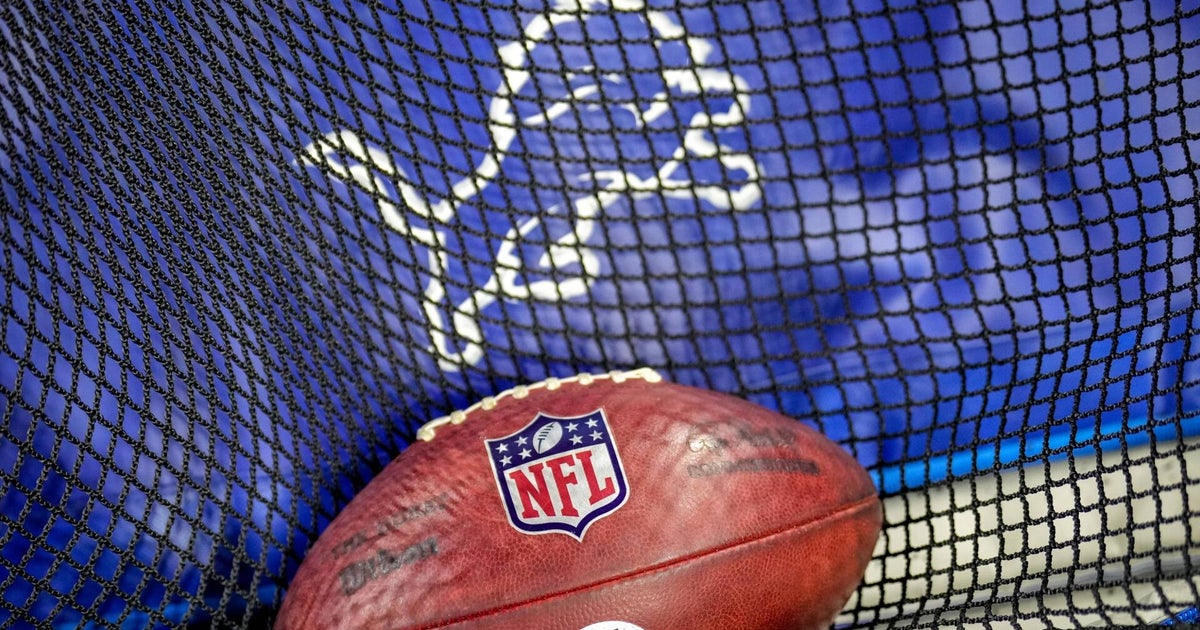Debbie Clemens Backs Up Husband In Trial
WASHINGTON (AP) - Debbie Clemens testified Friday that her husband was not present when she received a shot of human growth hormone from Roger Clemens' strength coach -- testimony that contradicts the star pitcher's chief accuser in the perjury trial.
But on cross-examination by the prosecution, she said of her husband's view of HGH, "I don't think he thought it was bad." She added, "It wasn't like doing heroin."
When a prosecutor asked if Clemens was mad when she told him about the HGH shot, she testified that his attitude was more that she wasn't "old enough yet" and didn't need it: "Why did you think you needed to do that?"
"I didn't think this was a bad thing," Debbie Clemens said. "And I still don't."
Debbie Clemens said she got the idea to take HGH from a front-page USA Today story in 2000 headlined, "Boomers believe they've found a fountain of youth in a syringe."
"A lot of people in Hollywood were doing it, and it was a youth drug," she said under questioning from Rusty Hardin, a lawyer for both Roger and Debbie Clemens. She said the newspaper story described it as a "youth drug, healthy and good." But the story also said that injecting HGH "is a practice that many doctors consider highly risky."
She said she mentioned the topic to the strength coach, Brian McNamee, who has emerged years later as the only person to give firsthand testimony that Roger Clemens used performance-enhancing drugs during his baseball career.
McNamee "talked about this being a good thing," she said, and gave her a shot a few days later -- without her husband's knowledge. She called it a spontaneous event.
"It wasn't really planned," she added. "It just happened."
McNamee, the government's key witness against Roger Clemens, testified last month that not only was the star baseball pitcher there, he had summoned McNamee to the couple's master bathroom in Houston to give Debbie Clemens the drug.
McNamee said she looked at her husband and said, "I can't believe you're going to let him do this to me," and Clemens responded, "He injects me. Why can't he inject you?"
Clemens is charged with lying to Congress when he denied using performance-enhancing drugs. Among the false statements he's alleged to have made are that he never used HGH and that McNamee injected his wife without Clemens' prior knowledge or approval.
Before taking the stand on Thursday, U.S. District Judge Reggie Walton gave Debbie Clemens a few minutes to talk to Hardin about her right not to incriminate herself, after which she came back and said she was ready to testify.
Hardin earlier had told Walton that the HGH injection happened so long ago that the statute of limitations would bar charges against her now.
Debbie Clemens testified briefly Thursday about the couple's time in Boston, where her husband pitched for the Red Sox from 1984 to 1996. She recalled that son Koby, born in 1986, was dubbed "most valuable baby" because his father was MVP that year.
For the benefit of the jury, Walton asked her what MVP meant.
"Most valuable baby," she said, prompting laughter in the courtroom -- including a rare laugh from her husband across the room. She quickly corrected her answer to most valuable player.
She also said that while she liked Boston, "the media could be very miserable. It was hard living a hero and a villain every other day, what they were creating."
After the court recessed, Roger Clemens came up behind his wife in the hallway and put his arm around her.
Earlier Thursday, McNamee's wife, Eileen, testified, but there was no embrace waiting for her, as the couple is going through a contentious divorce. She said she was furious with both her husband and Clemens when the former pitcher's lawyers allowed details of the McNamees' oldest son's diabetes to be revealed during a 2008 nationally televised news conference.
The news conference was part of a media blitz during which Clemens denied the doping allegations McNamee made about the pitcher in the then-just-released Mitchell Report on drugs in baseball. Hardin and Clemens played a taped phone call in which McNamee told Clemens, "My son is dying."
That wasn't true, Eileen McNamee said, although she had left her husband a message around that time about blood test results that weren't what they were supposed to be.
"Brian didn't bother to call me back. He called Roger and told him his son was dying," she testified.
Then her 10-year-old son heard the news conference, and "now my son thinks he's dying."
Prosecutor Courtney Saleski said Clemens could have kept the information about her son out of the news conference, but instead, "he played it for the world."
"Yes, he did," Eileen McNamee said. She acknowledged that she called her husband and told him to go after Clemens.
The next day, around 3 a.m., Brian McNamee retrieved the evidence that he said had been kept in and around a beer can inside a FedEx box for more than six years, the remnants of an alleged steroids injection of Clemens in 2001, which is the key physical evidence against Clemens.
"I asked him where he was going, and he said he was heading to his lawyers, and he was out the door," she recalled.
Brian McNamee had testified that he decided to turn over the evidence to federal authorities against Clemens "because of what he did to my son."
(© Copyright 2012 The Associated Press. All Rights Reserved. This material may not be published, broadcast, rewritten or redistributed.)
Also Check Out:







